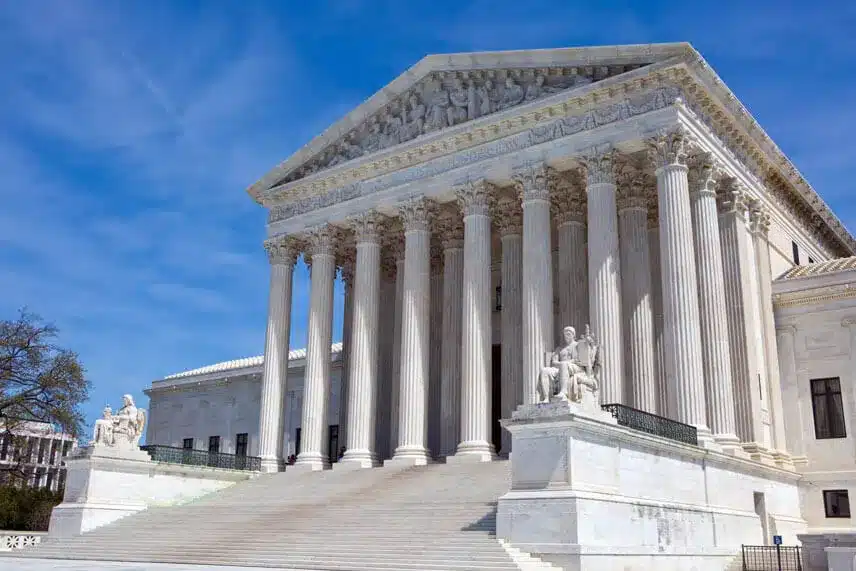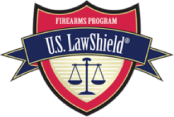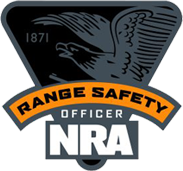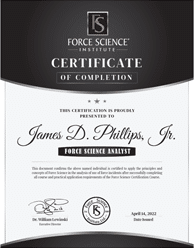Community Caretaker Exception Doesn’t Allow Warrantless Entry

Today, the Supreme Court of the United States issued a unanimous ruling in the case of Caniglia v. Strom declaring that police officers do NOT have a right to search a home for firearms without a warrant under the “Community Caretaker” doctrine.
The court wrote: “Decades ago, this Court held that a warrantless search of an impounded vehicle for an unsecured firearm did not violate the Fourth Amendment. Cady v. Dombrowski, 413 U. S. 433 (1973). In reaching this conclusion, the Court observed that police officers who patrol the “public highways” are often called to discharge noncriminal “community caretaking functions,” such as responding to disabled vehicles
or investigating accidents. Id., at 441. The question today is whether Cady’s acknowledgment of these “caretaking” duties creates a standalone doctrine that justifies warrantless searches and seizures in the home. It does not.”
In this case, during an argument with his wife Edward Caniglia, placed a handgun on the table and asked his wife to “shoot him.” She did not, instead, she left the home. The next morning she called the police to request a welfare check. The officers accompanied Caniglia’s wife to the home, where they found him sitting on the porch. After speaking with the officers, Caniglia agreed to go to the hospital for a psychiatric evaluation, but only agreed after the officers promised not to confiscate his firearms. After Caniglia left for the hospital, officers entered his home and seized his weapons.
In hearing the case, the First Circuit Court of Appeals expanded the community caretaker doctrine originally created by the U.S. Supreme Court to include not just warrantless searches of automobiles, but to include the warrantless search of a person or their home. The Supreme Court overturned the First Circuit and discussed some exceptions they have allowed to the warrant requirement.
To be sure, the Fourth Amendment does not prohibit all unwelcome intrusions “on private property,” only “unreasonable” ones. We have thus recognized a few permissible invasions of the home and its curtilage. Perhaps most familiar, for example, are searches and seizures pursuant to a valid warrant. We have also held that law enforcement officers may enter private property without a warrant when certain exigent circumstances exist, including the need to “‘render emergency assistance to an injured occupant or to protect an occupant from imminent
injury.’” And, of course, officers may generally take actions that “‘any private citizen might do’” without fear of liability.
The First Circuit’s “community caretaking” rule, however, goes beyond anything this Court has recognized. The decision below assumed that respondents lacked a warrant or consent, and it expressly disclaimed the possibility that they were reacting to a crime. The court also declined to consider whether any recognized exigent circumstances were present because respondents had forfeited the point. Nor did it find that respondents’ actions were akin to what a private citizen might have had authority to do if petitioner’s wife had approached a neighbor for assistance instead of the police.
The Supreme Court held that, “What is reasonable for vehicles is different from what is reasonable for homes., adding that their previous decision in Cady, “acknowledged as much, and [that] this Court has repeatedly “declined to expand the scope of . . . exceptions to the warrant requirement to permit warrantless entry into the home.” Collins, 584 U. S., at _ (slip op., at 8).
This opinion confirms the 4th amendment protections we have in our own homes and tells police that the Supreme Court will not expand the community caretake exception to allow law enforcement to enter a home without first getting a search warrant.
To read the entire opinion of the court and the concurring opinions, click here: Supreme Court Opinion on Caniglia v. Strom
More results...
Get in touch

"*" indicates required fields
Copyright © 2022-2025 The Firearm Firm All rights reserved.















